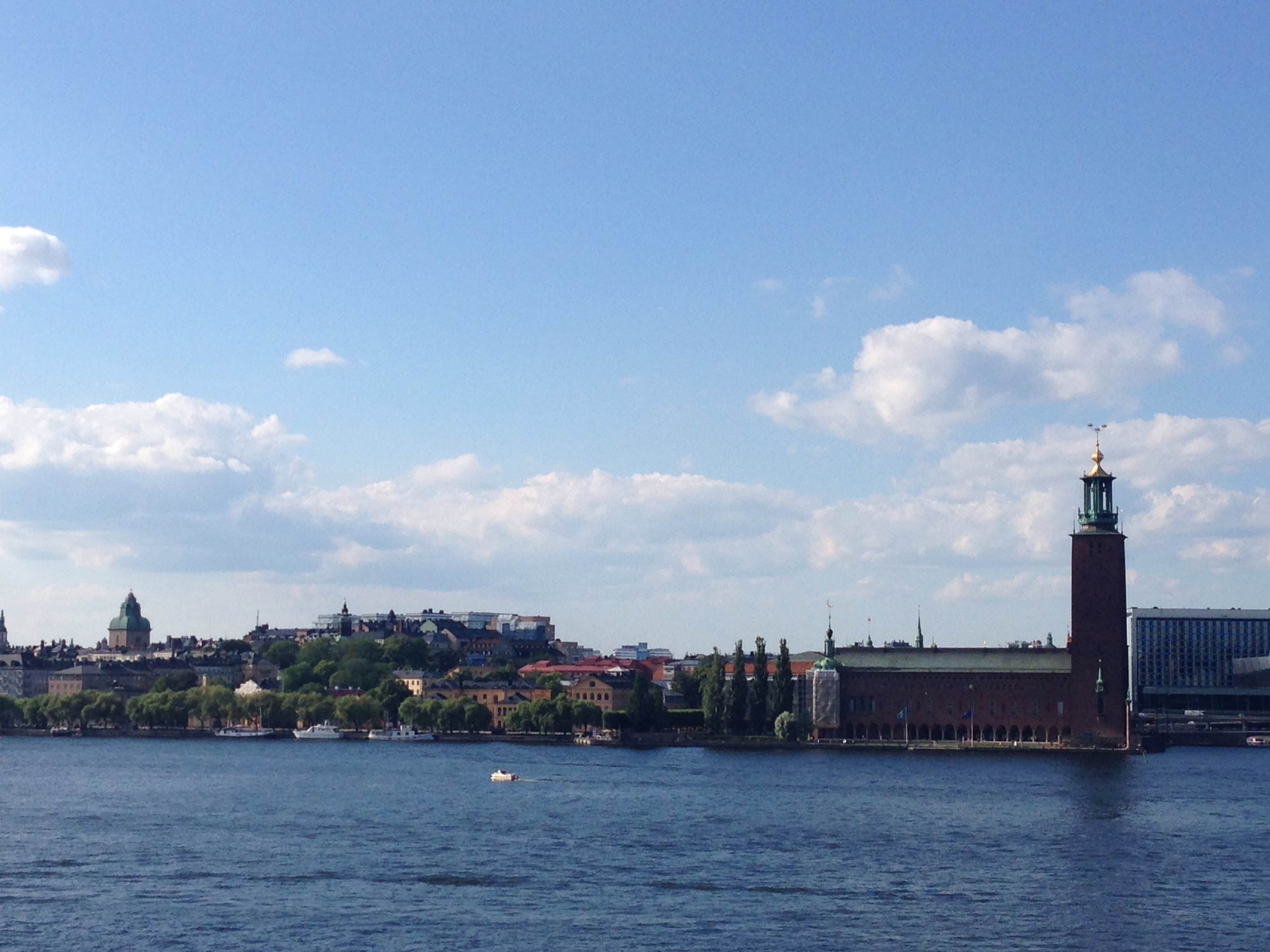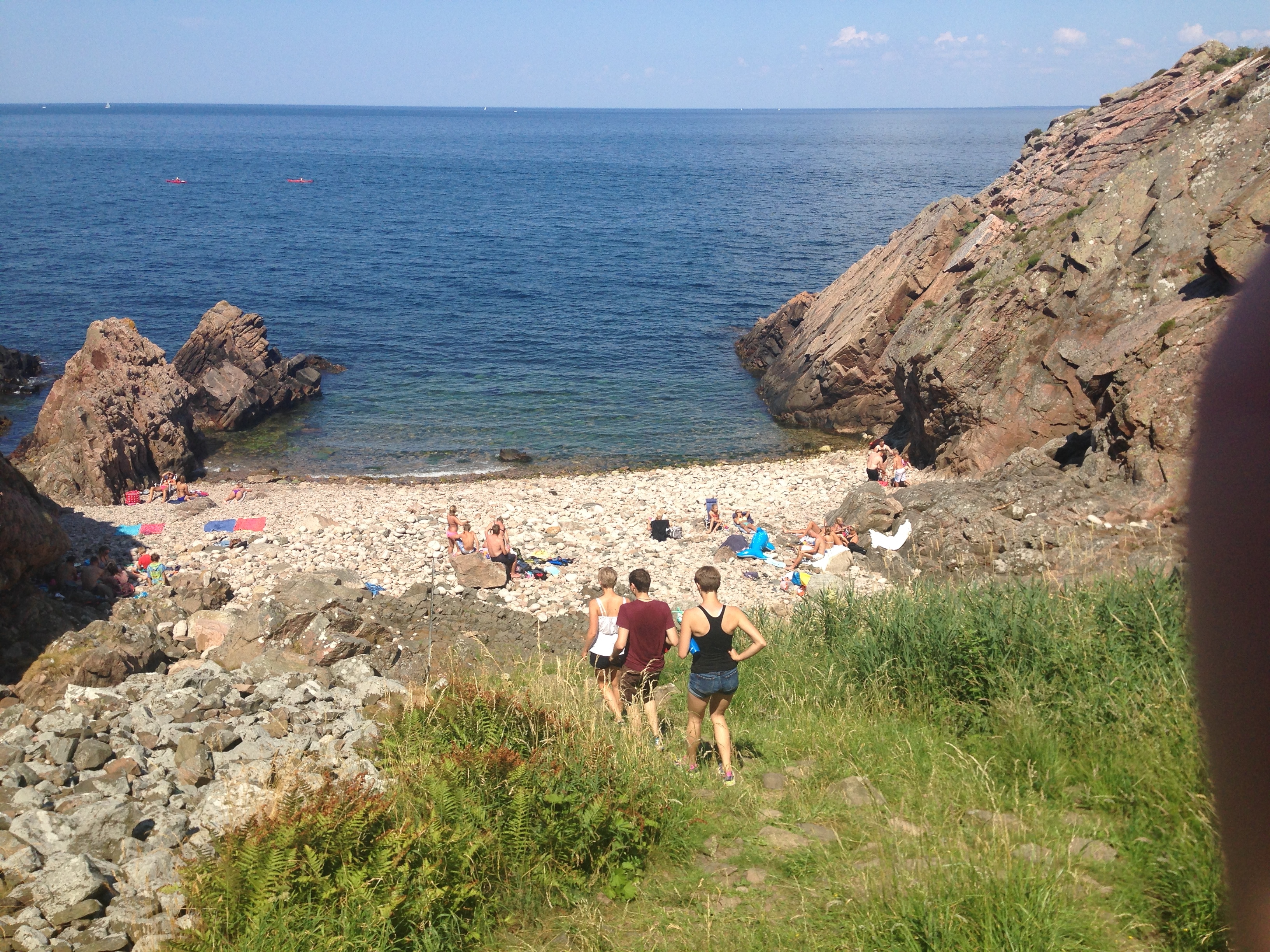This evening, I’m sitting on an overlook in Södermalm, a neighborhood of Stockholm. Across the water sits City Hall, the stately red brick building famous for being the venue of the annual Nobel Prize banquet. The building and the award program it houses, often considered the pinnacle achievement for those working in the life sciences, literature or economics, brings forth images of the upper echelons of academia, of brilliant professors and expensive labs. Though the number of Nobel laureates employed by a university is often touted as the metric for measuring their quality, my preparations for my summer abroad have shown me that what truly makes a learning environment remarkable, such as that found at Princeton, is a faculty and student body that is enthusiastic, open-minded and approachable.
It was back in late March when I received an email from the International Internship Office informing me that I had been awarded a scholarship to spend eight weeks of my summer working for a member of the Swedish Parliament in Stockholm. My summer work would include conducting research and facilitating a seminar about macroeconomic policy. I was advised to start thinking about the project, as it was completely up to me to choose the topic.

Realizing that my knowledge of Scandinavian economic policy consisted of little more than the smattering of information I’d picked up from The Economist, I decided to call in the big guns. I fired off a few emails to Princeton professors with expertise in the area.
I was surprised by the response rate–all the professors emailed me back almost immediately, and by the end of the week, I walked out of my fourth meeting with an accumulated five pages of topic proposals. Each professor was incredibly helpful and took the time to explain the background and significance of suggested topics (who knew that a recent surge in Swedish nationalism might lead to tougher immigration laws that could threaten entrepreneurial growth in the country). I had walked into meetings with these well-established economists and political scientists completely directionless, with nothing but a vague understanding of Sweden’s “middle way.” I walked out with a firm grasp of many of the issues facing the country.
It wasn’t just professors who helped prepare me for a summer abroad. In May, I was introduced to Johanna, a Princeton senior from southern Sweden. I was immediately blown away by how enthusiastic and helpful she was in offering advice. She quickly arranged a dinner for me and a few other Princeton students who would be spending the summer in Sweden. She came to the dinner with cultural information she thought would be important for us to know. She told us to “never, ever wear your shoes inside someone’s house,” and that “you have to try Kalles–fish eggs in a tube–but only once. Then never again.” She then turned over a contact list of her childhood friends who now live in Stockholm and who had already agreed to show us the city.
Finally, she invited all of us–four students who she had only just met–for a weekend trip to her house in Southern Sweden. It was an offer we enthusiastically accepted, and a trip we took during one of our first weeks in Sweden. It was a fantastic time. She took us swimming in the North Sea, rappelling on the Kullaberg peninsula, and even hiking through the forest to visit the illegally constructed, interactive sculpture, Nimis. The trip was an amazing opportunity not only to get to see a different part of Sweden, but also a chance to learn about Swedish social and economic issues from an entirely new angle.

While the Stockholm City Hall is a striking building, and while I’m sure the Nobel banquet is spectacular, I realize that any significant evaluation of a university based on such lofty criteria as the number of noble laureates it employs is almost useless. Being around faculty members who will respond to a cold call email and welcome me into their offices and explaining the ins and outs of industrial conglomeration, or around students willing to spend hours helping me translate Swedish political websites is just so much more important.







